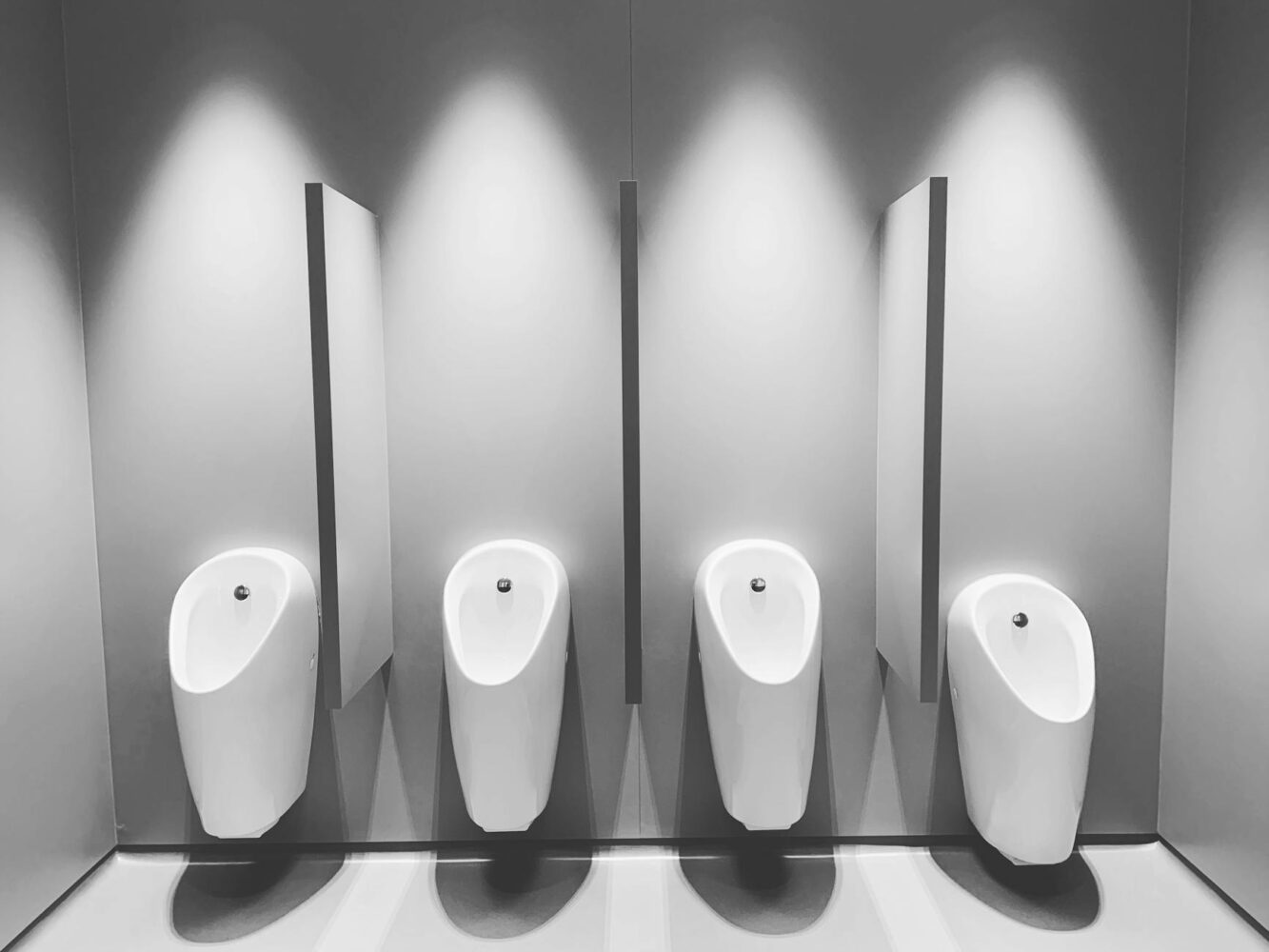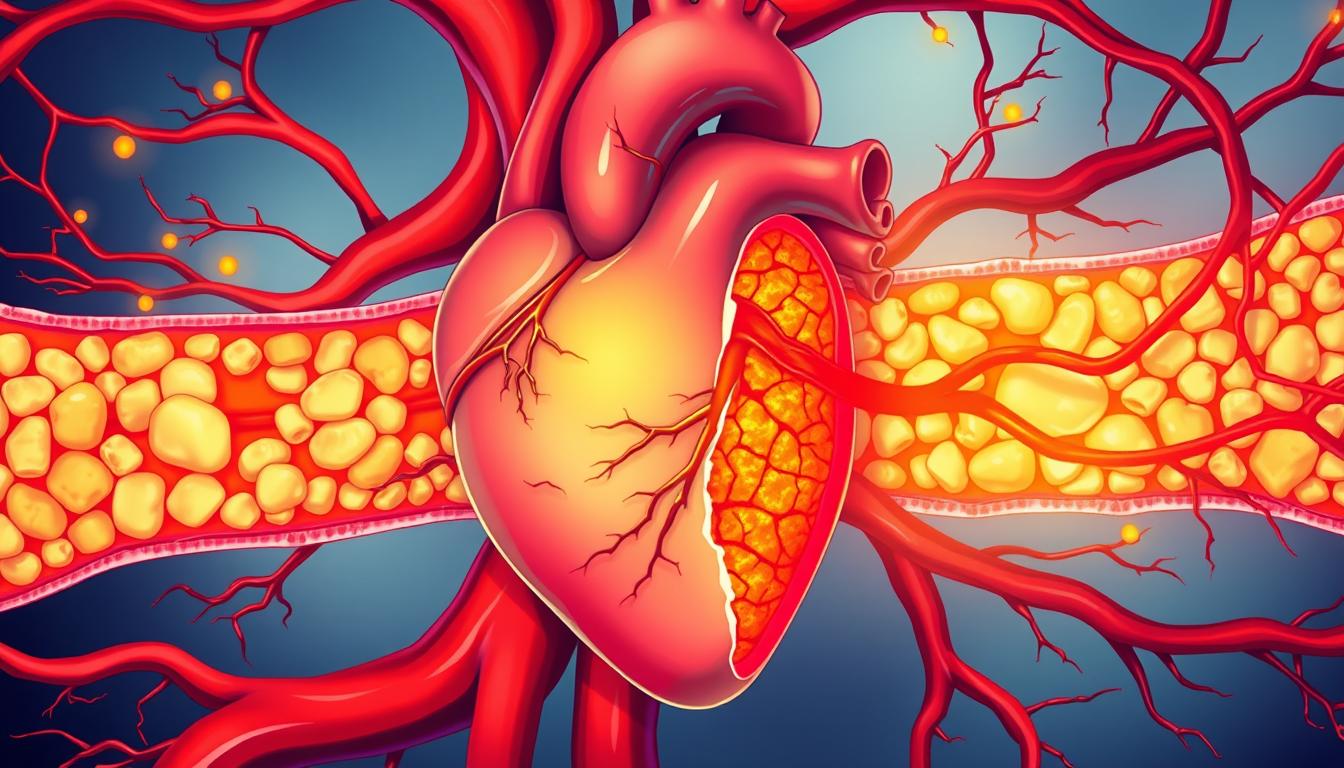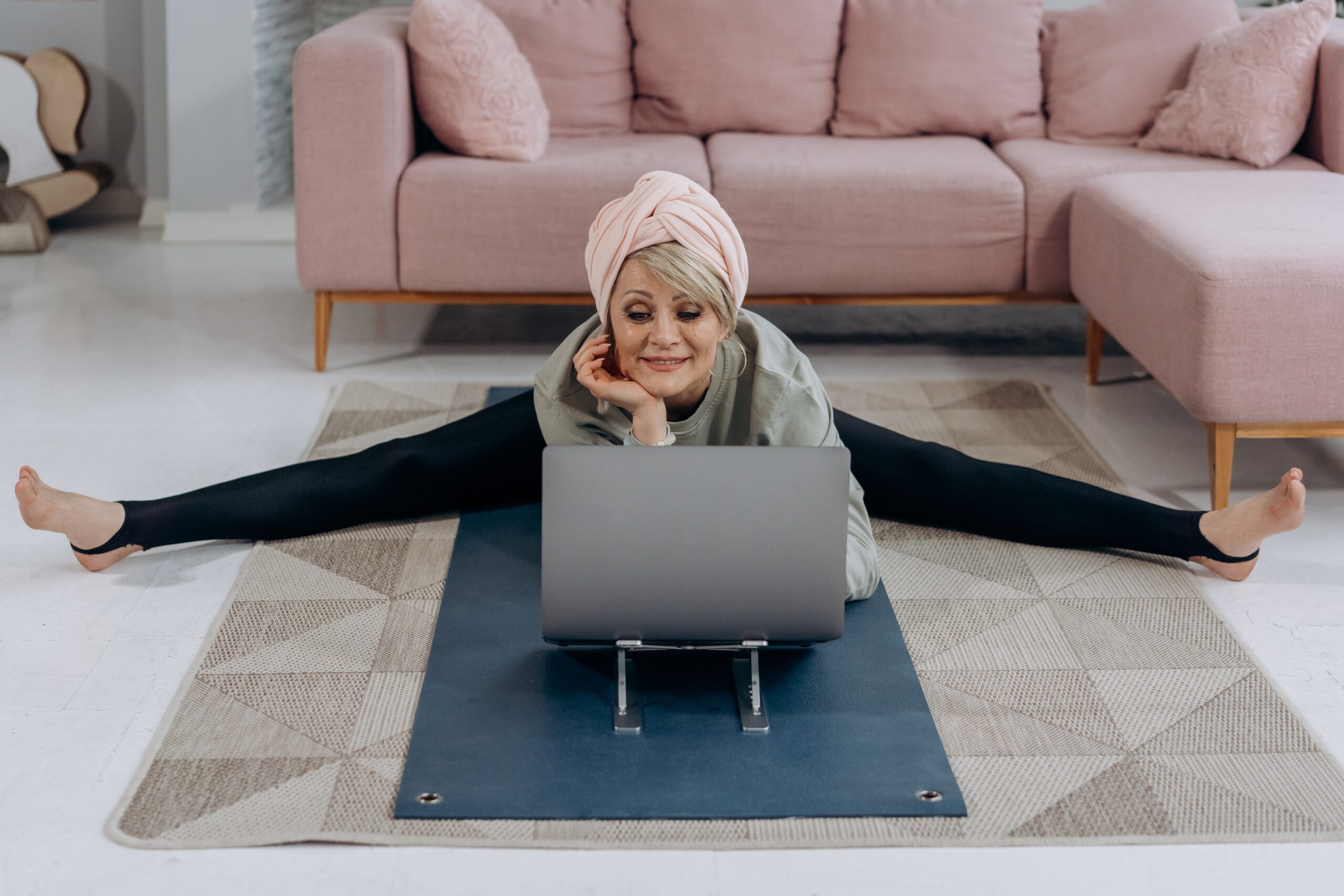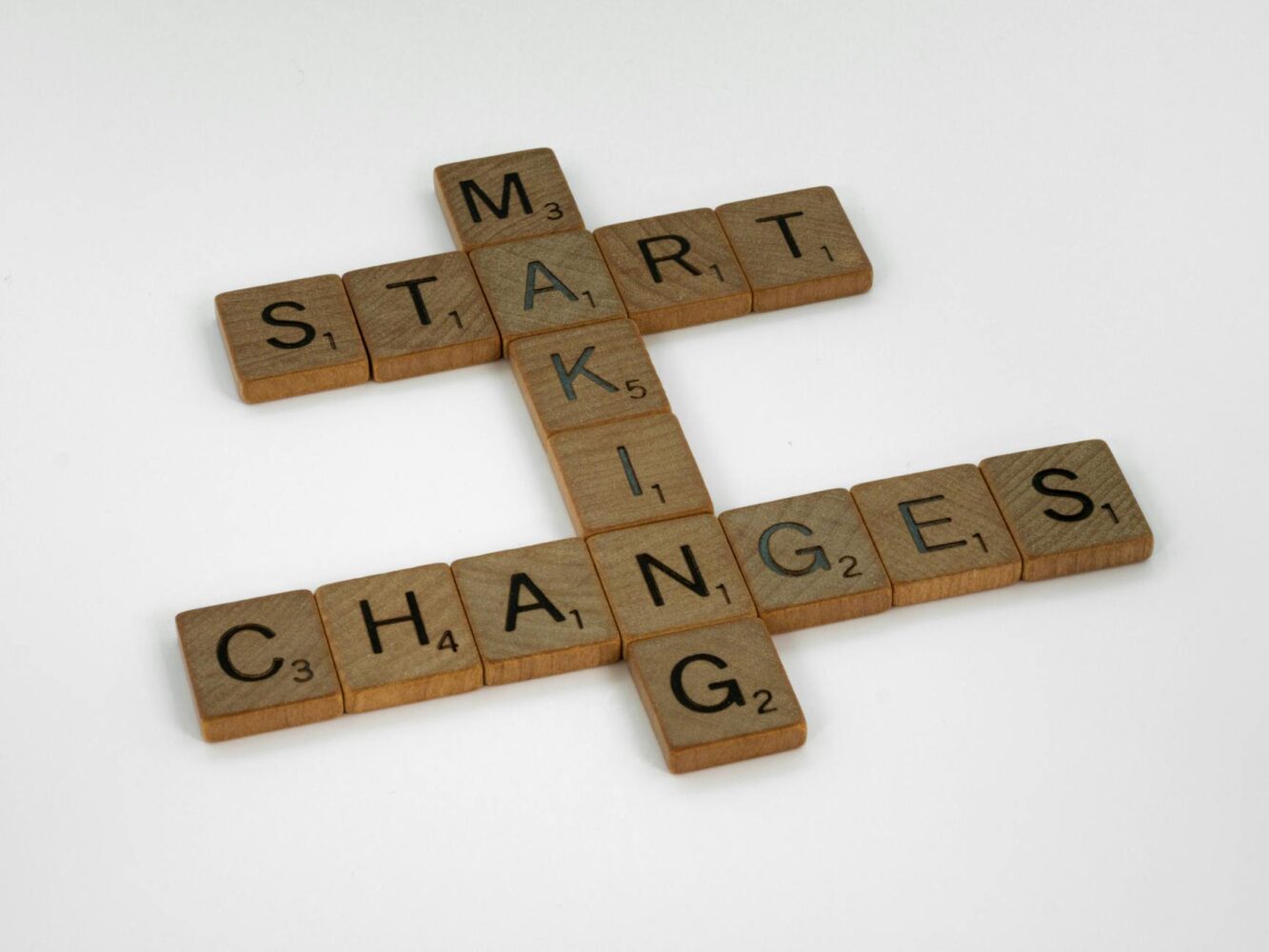Anxiety affects millions, causing a constant feeling of unease. Meditation is a great way to fight this. It helps you relax and be more mindful. Studies show that meditation can really help by making your brain less reactive to fear.
By adding simple relaxation techniques to your routine, you can improve your mental health. This journey towards better mental well-being starts with you.
Key Takeaways
- Meditation is a powerful tool for anxiety relief.
- Regular practice can reshape your brain’s response to stress.
- Simple relaxation techniques can be easily incorporated into daily life.
- Prioritizing self-care practices improves overall mental health.
- Mindfulness meditation can help calm your mind and reduce anxiety.
Understanding Anxiety and Its Impact on Mental Health
Anxiety is a natural response to stress that can greatly affect your daily life. It involves both your mind and body, showing how complex it is. Millions in the U.S. deal with anxiety disorders, which are among the most common mental illnesses, according to the National Institute of Mental Health. Anxiety can deeply impact how you feel, think, and act.
The Science Behind Anxiety
Anxiety triggers a body response called the “fight or flight” response. When you face threats, your body releases hormones like adrenaline and cortisol. This prepares you to react but can be overwhelming if it lasts too long. Knowing where anxiety comes from helps you understand its effects and fight it better.
Common Symptoms of Anxiety
It’s important to know the signs of anxiety to manage it well. These signs can show up in many ways, including:
- Persistent worry about different parts of life.
- Restlessness, making it hard to relax.
- Fatigue that lasts even after you’ve slept enough.
- Difficulty concentrating or feeling like your mind is blank.
- Physical symptoms like a faster heart rate, sweating, or shakiness.
Knowing about anxiety and its symptoms helps you on your mental health journey. It also helps you find the right help when you need it.
| Symptom | Description | Mental Health Impact |
|---|---|---|
| Persistent Worry | Ongoing concerns about daily tasks and future events. | Leads to increased stress levels. |
| Restlessness | Inability to relax or stay still. | Can make anxiety worse. |
| Fatigue | Consistent tiredness even after enough sleep. | Impacts motivation and energy. |
| Difficulty Concentrating | Struggling to focus on tasks or conversations. | Affects productivity and daily life. |
| Physical Symptoms | Increased heart rate, sweating, or feelings of panic. | Can cause avoiding certain situations. |
Meditation Techniques for Easing Anxiety
Discovering the right meditation techniques can change how you handle anxiety. There are many practices that calm your mind and help you relax. Try adding these to your daily routine.
Mindfulness Meditation
Mindfulness meditation teaches you to stay in the present. It reduces wandering thoughts and anxiety. By focusing on your breath or feelings, you become more aware.
This awareness lets you see your emotions without judgment. It helps you control your feelings better.
Guided Meditation Practices
Guided meditation is great for beginners. It involves following audio or video instructions from a meditation expert. These sessions can be short or long and focus on different topics like stress relief.
With a guide’s soothing voice, you feel supported as you relax.
Breathing Exercises for Relaxation
Adding relaxation exercises to your day can greatly improve your mood. The 4-7-8 breathing method is a simple yet powerful technique. You inhale for 4 seconds, hold for 7, and exhale for 8.
This exercise helps you feel calm and releases tension. Regular practice makes it easier to relax when you feel anxious.
| Technique | Description | Benefits |
|---|---|---|
| Mindfulness Meditation | Focus on the present moment through breath and sensations. | Reduces mind wandering, enhances emotional regulation. |
| Guided Meditation | Follow audio/video guided sessions by a meditation expert. | Provides support for beginners, reduces stress effectively. |
| Breathing Exercises | Engage in structured breathing techniques like 4-7-8. | Promotes relaxation, lowers heart rate, eases tension. |
Incorporating Meditation into Your Daily Routine
Adding meditation to your daily life boosts your well-being. It’s key to make self-care a regular part of your day. Even just five to ten minutes a day can make a big difference. Taking this time for yourself helps you think more clearly and feel better.
Setting Aside Time for Self-Care
Adding self-care to your daily routine is crucial. Try to set aside specific times for meditation, just like you would for any other important task. Pick a time when you’re unlikely to be interrupted, so you can focus better. Early mornings or quiet evenings are often the best times for meditation.
Creating a Calm Meditation Space
Your meditation space is very important. A peaceful area helps you relax and focus, which are key for a good meditation session. Try to make a space that feels calm and inviting. Use soft lights, nice smells, and soothing music to create this atmosphere.
Make your meditation space your own. Add things that bring you peace and help you connect with your mindfulness practice.
The Power of Mindfulness in Stress Relief
Mindfulness is a strong tool for reducing stress and improving your well-being. It means being fully present in the moment. By practicing mindfulness, you can watch your thoughts and feelings without judgment. This helps lessen anxiety and stress.
Understanding Mindfulness
Mindfulness is about being fully in the now. It helps you live in the moment, not worrying about the past or future. This way, you can find peace and clear your mind.
Mindful Awareness Techniques
There are many ways to practice mindfulness. Here are a few:
- Body scan: Mentally check your body for any tension.
- Mindful walking: Notice how your feet touch the ground.
- Mindful eating: Enjoy the taste, smell, and texture of your food.
Integrating Mindfulness into Daily Activities
You can add mindfulness to your daily life easily. Here’s how:
- Start your day with mindful breathing to set a positive mood.
- Pay attention to your food during meals, noticing its taste and texture.
- Use waiting or travel time to notice your surroundings or breathe.
These small changes can make a big difference in managing stress and daily life. Regular mindfulness can change how you face life’s challenges.
Benefits of Regular Meditation Practice
Regular meditation brings many benefits that improve your life quality. It boosts mental clarity and emotional well-being. These are key for managing stress well.
Improving Mental Clarity and Focus
Meditation sharpens your mind. Studies show it makes you more mentally clear. This helps you focus on tasks and make better decisions.
With a clearer mind, you become more productive and creative. This is a big advantage.
Enhancing Emotional Well-being
Meditation also improves your emotional health. It helps you understand and control your feelings. This builds emotional strength.
Regular practice leads to peace and better connections with others. Your life quality improves greatly.
| Benefit | Description |
|---|---|
| Mental Clarity | Improved concentration and sharper cognitive functions. |
| Emotional Resilience | Greater ability to manage and regulate emotions. |
| Stress Management | Enhanced capability to cope with stress effectively. |
| Increased Self-awareness | Deeper understanding of personal thoughts and feelings. |
Conclusion
Meditation does more than just relax you; it’s a strong tool for managing anxiety and improving mental health. By using mindfulness, guided sessions, and breathing exercises, you can find peace. These practices help you deal with daily stress and build emotional strength.
Adding meditation to your self-care is key for long-term mental health. Spending a little time each day on these practices can greatly improve your mood. It helps you stay calm and focused.
Start prioritizing mindfulness and self-care in your life. You’ll see how these practices can change your mental health for the better. Remember, the path to peace is built on small, consistent steps that lead to big changes over time.
FAQ
What is meditation and how can it help with anxiety?
Meditation is a way to focus your mind and calm your thoughts. It helps you relax and manage stress better. This can lower your anxiety and improve your mental health.
Are there specific meditation techniques for beginners?
Yes! Beginners can try mindfulness meditation, which keeps you in the moment. Guided meditation sessions and simple breathing exercises are also great. They help you stay focused and relaxed.
How often should I meditate to see benefits?
Try to meditate every day, even for just a few minutes. Being consistent is important. Find a time that works for you to make meditation a regular part of your routine.
What should I consider when setting up my meditation space?
Think about making your space calm and peaceful. Choose a quiet spot with soft lighting. Add soothing scents and comfy seating. Personal touches can make your meditation better.
Can mindfulness be practiced outside of meditation?
Absolutely! You can be mindful in daily activities. Focus on the moment while eating, walking, or doing chores. This can reduce stress and improve your mental clarity.
What are the long-term benefits of regular meditation?
Regular meditation improves your mental clarity and emotional well-being. It helps you manage stress better. Over time, it can help you understand your thoughts and feelings better, making you more resilient against anxiety.
How can I make meditation a consistent part of my routine?
Set a specific time each day for meditation, even if it’s just 5-10 minutes. See it as important self-care. As you keep doing it, it will become a natural part of your day, offering many benefits.
Is there scientific evidence supporting the benefits of meditation?
Yes, many studies show meditation changes how your brain handles stress. The American Psychological Association has found that regular meditation lowers anxiety. It’s good for your mental health.












